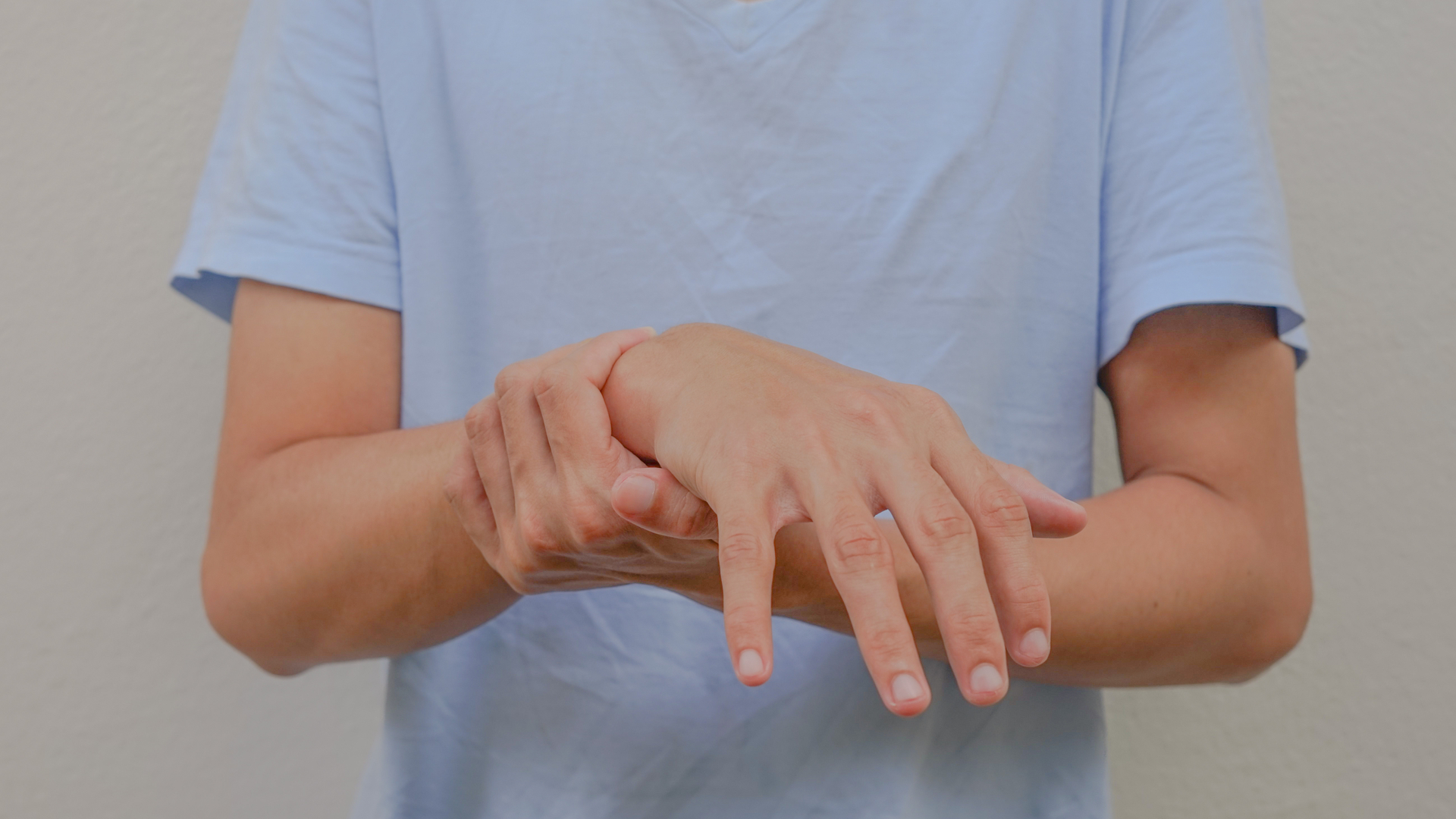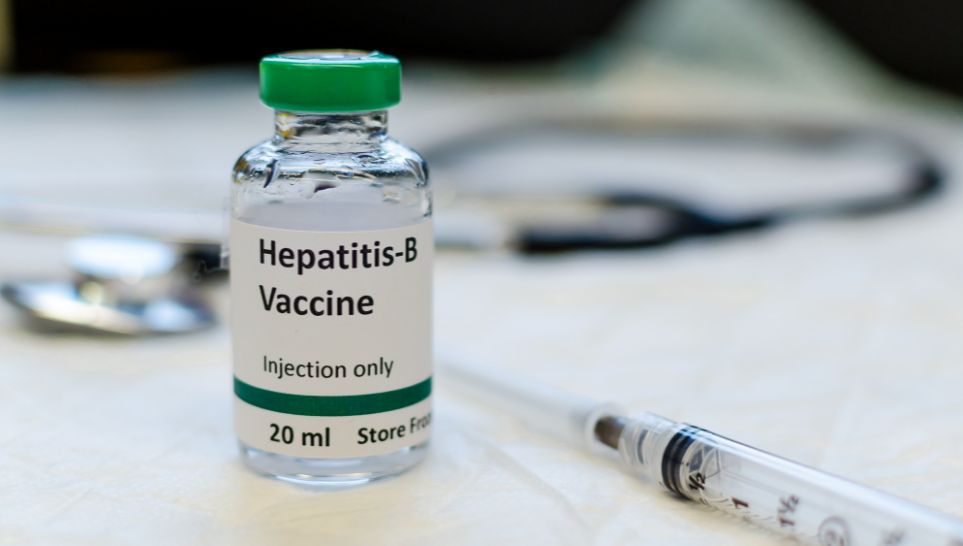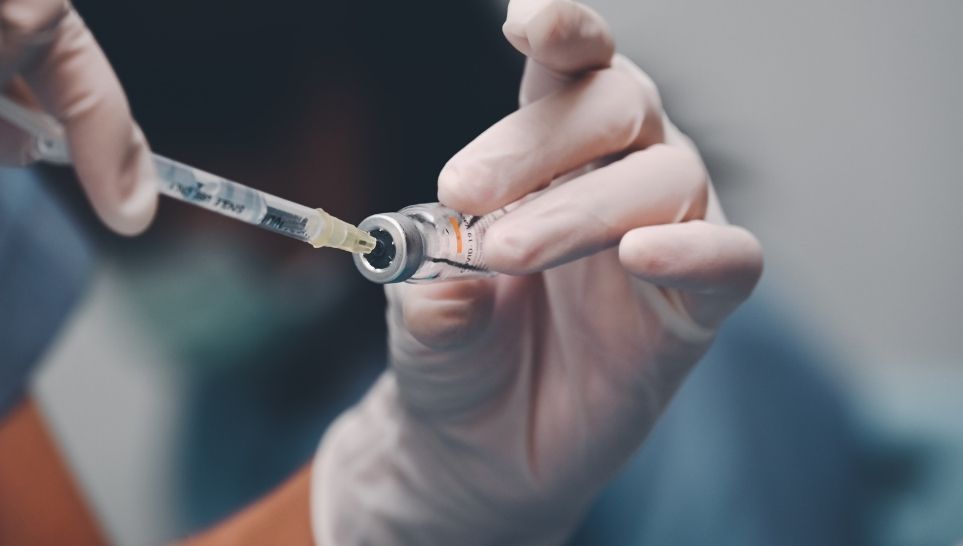
Do you have questions about Guillain-Barré Syndrome (GBS)? This rare condition causes your immune system to target portions of your body improperly. As a result, individuals affected by GBS often experience numbness, pain, and weakness in their extremities.
Our Sadaka Law Vaccine Injury Help Center team can provide you with information about Guillain-Barré syndrome, recovery time, and prognosis. Please find out more about this medical condition by calling us at 201-266-5670.
Basic Facts About Guillain-Barré Syndrome
Guillain-Barré syndrome represents an example of an auto-immune disorder that primarily impacts the nervous system. Anyone can contract GBS, though the syndrome is not contagious and cannot spread through touch or bodily fluids.
GBS causes several severe symptoms for patients. Generally, the immune system causes damage to the nerves in a patient’s legs, feet, arms, and hands. Many people experience pain, weakness, and numbness in the affected areas.
In some cases, GBS causes more severe symptoms, including difficulty breathing, paralysis, and death. Our team takes this condition seriously, and we stand ready to answer your questions about GBS.
Guillain-Barré Syndrome Recovery Time
GBS produces unpleasant and painful symptoms. Scientists have yet to identify all the causes of GBS, but they have found that flu shot reactions sometimes lead to the development of this condition.
Individuals who experience GBS after getting the flu shot generally begin experiencing symptoms in 3 to 42 days. This broad amount of time often makes it difficult for patients to connect their condition to receiving the flu shot. Therefore, we recommend that you review the date of your shot if you begin experiencing symptoms associated with GBS after receiving your vaccine.
Once you notice the symptoms, it’s natural to wonder how long it will take to recover. In many cases, people begin experiencing some relief after two to four weeks. However, full recovery may take as little as six months or as much as three years.
You can learn more about Guillain-Barré syndrome, recovery time, and prognosis with our team.
Complete Recovery From GBS and Relapses
Many patients find great relief in recovering from the pain and numbness associated with GBS. However, only about 85% of patients affected by this disorder experience a full recovery. Younger patients show a higher likelihood of recovering without facing side effects.
Individuals show better odds of recovery when they receive medical care immediately after they begin to notice symptoms.
Keep in mind that some people experience relapses after they fully recover from Guillain-Barré Syndrome. We see regression in around 5% of cases. Relapses may last just as long as an initial outbreak, requiring additional time to recover.
Guillain-Barré Syndrome Prognosis
Many people recover from Guillain-Barré Syndrome to some degree, giving affected individuals a favorable prognosis. However, you cannot rush your recovery from this ailment. Patients only recover fully as their nerves grow back.
Nerves recover very slowly from any injury or damage. They often only grow a few millimeters a day, leading to the long recovery time associated with GBS cases. However, you can improve your prognosis for this disorder by seeking treatment immediately and considering therapy such as:
- Physical therapy
- Occupational therapy
- Speech and language therapy
Quickly getting medical care helps increase your odds of fully recovering from GBS.
Risk Factors Associated With GBS

GBS affects the peripheral nerves in your body, leading to several severe symptoms. Understanding the risk factors for developing GBS may help you take precautions to avoid this ailment.
Anyone can contract GBS, regardless of their age, gender, or nationality. However, medical professionals report more cases among individuals over the age of 50. In some cases, vaccines appear to trigger the condition, particularly the:
- Flu vaccine
- Hepatitis vaccine
- Tetanus vaccine
Medical professionals believe certain viral particles may trigger a GBS outbreak. However, identifying the specific particle has proven difficult because the flu virus changes and mutates so quickly. The changing virus also requires scientists to put out new flu vaccines continually.
Other Guillain-Barré Syndrome Triggers
Vaccines—notably the flu vaccine—have the potential to trigger a GBS outbreak. Individuals may also develop GBS symptoms after facing an infection. In many cases, patients develop GBS after first experiencing:
- Glandular fever
- Viral gastroenteritis
- Cytomegalovirus
- HIV
Any respiratory ailment and some tropical disorders, such as dengue fever, may trigger a GBS flare-up. Keep these factors in mind if you begin to experience symptoms associated with Guillain-Barré Syndrome.
Symptoms Associated With Guillain-Barré Syndrome
Understanding the symptoms of GBS helps you identify the condition in some instances. We recommend that you seek a professional diagnosis if you begin experiencing pain, muscle weakness, and tingling in your extremities after an illness or receiving the flu shot.
Patients may also experience:
- Pain in the back
- Rapid heart rate or fluctuations in their heartbeat
- Difficulty walking or climbing stairs
- Problems speaking
- Difficult moving their eyes
- Changes in their blood pressure
- Problems controlling their bowels and bladder
- Slowed reflexes and exhaustion
GBS symptoms grow more severe as the condition progresses. Many patients also complain of a pins and needles sensation after they develop GBS. Patients describe the pain caused by GBS as cramping or aching, and many state that it grows worse during the night.
The tingling experienced by people affected by GBS comes from damage to nerve tissues. Allowing the damage to continue unchecked leads to severe consequences, including paralysis. In some cases, GBS causes medical emergencies.
Medical professionals recommend that you seek immediate treatment if you experience difficulty swallowing or breathing, tingling from your feet up to your body, or fast-moving weakness and tingling. Contact a doctor if you grow short of breath while lying on your back or if you start to choke on saliva.
Treatments for Guillain-Barré Syndrome
The specifics about Guillain-Barré syndrome, recovery time, and prognosis often vary based on patients’ treatment for their condition. Getting medical care right away helps improve your prognosis and may reduce your recovery time.
Medical professionals offer several forms of treatment for this ailment, including:
- Steroids
- Monoclonal antibody treatment
- Immunoglobulin therapy
- Plasma exchange therapy
- Physical therapy
Some patients require ventilatory assistance due to damage to their respiratory system caused by the condition.
Medical professionals also continue to evaluate the usage of certain auto-immune medications as a treatment for GBS. So far, we see promising results from these assessments of drugs such as Eculizumab.
FAQs

Can you secure compensation after a GBS diagnosis?
The medical care required to recover from GBS often costs hundreds or thousands of dollars. Many people feel uncertain about how they’ll cover the expenses to pay for the proper treatment for the disorder.
In some situations, you have the option to seek compensation through the National Vaccine Injury Compensation Program (VICP). The VICP allows you to file a no-cost claim to secure compensation to cover your medical expenses.
You do not file a lawsuit with the VICP to seek damages after you develop GBS. Instead, you provide evidence regarding your symptoms, the time frame when you received a vaccine, and the medical treatment you got to help your recovery.
How do you file a claim with the VICP?
Filing a claim for compensation from the VICP requires you to follow specific steps. Providing the wrong information or missing a deadline may prevent you from securing damages to cover your losses. Fortunately, you can work with a legal professional to gather personalized information about your claim.
Our team understands Guillain-Barré syndrome, recovery time, and prognosis. We also have experience filing claims with the VICP. We walk our patients through each step of the process, taking the guesswork and confusion out of seeking compensation.
Who can file a claim with the VICP?
In many cases, the affected individual files a claim for compensation with the VICP. However, legal representatives, parents, and legal guardians have the legal right to file a claim for:
- Disabled adults
- Children
- Individuals who died
We review your situation to help you understand whether or not you can file a claim. If you decide to move forward with the case, a lawyer can help you petition the U.S. Court of Federal Claims.
After making your petition, the U.S. Department of Health and Human Services steps in to review your case. They check medical criteria included in your claim and may forward it to a special master, who performs an in-depth assessment of your situation.
Learn more about the Vaccine Injury Compensation Program.
How much compensation do you receive for GBS?
The amount of compensation you receive from the VICP varies based on your medical expenses and other losses. Generally, the government covers the costs associated with filing a claim and the expenses for medical care and treatment.
Keep in mind that you only have three years to submit your claim to seek compensation for GBS treatments.
Reach Out to Us After a GBS Diagnosis
Want to learn more about Guillain-Barré syndrome, recovery time, and prognosis? Our team at Sadaka Firm Vaccine Injury Help Center offers help to clients in your situation. Reach out to us today by calling 201-266-5670.





